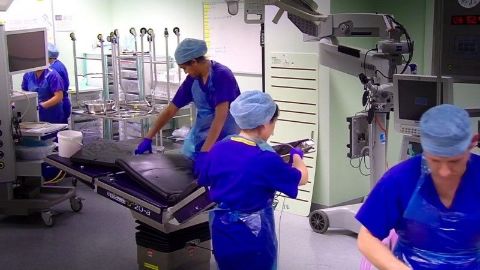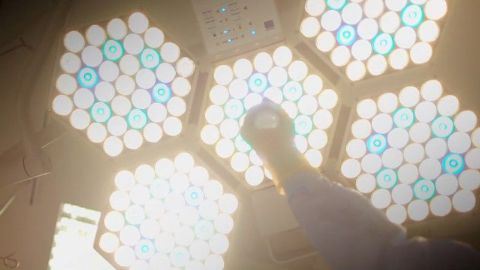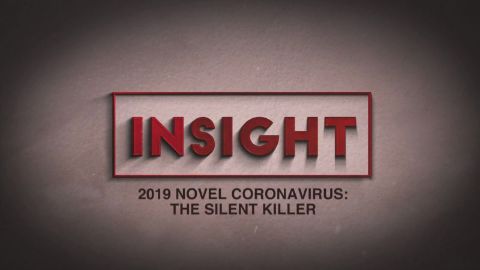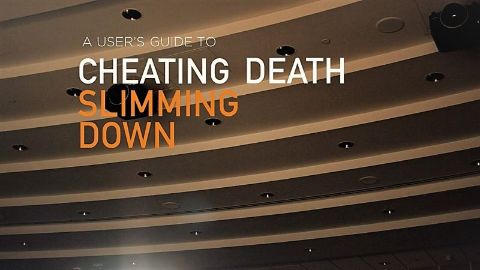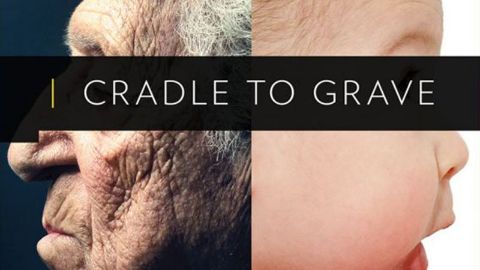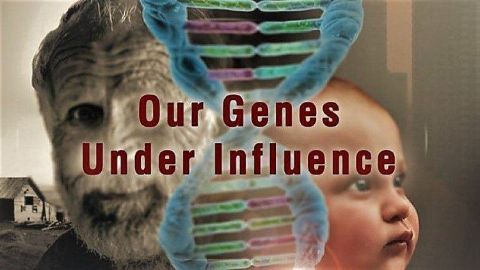Last Chance Saloon • 2018 • episode "S1E2" • Surgeons: At the Edge of Life
Two procedures so formidable, they would not have been attempted even a few years ago. Surgical teams at the Queen Elizabeth are constantly pushing the limits of what is possible. But despite state-of-the-art diagnostic scanning, sometimes cancer surgeons don't know exactly what they are up against until they open the patient up on the operating table. Even with the most meticulous planning, sometimes they must resort to taking critical decisions live in the theatre. 74-year-old Jasmine Harkness has been referred to the specialist sarcoma unit with a vast tumour in her abdomen, weighing more than three stone - a third of her total body weight. It is consuming her, displacing organs including her stomach and liver. Unless it can be removed, she has just four weeks to live. Sarcoma specialists Sam Ford and Professor David Gourevitch can't be sure whether they will be able to save Jasmine until they open her up and inspect her anatomy. Such is the risk of this surgery - five years ago they would not have embarked on this intervention. Sue Sinclair, lead anaesthetist and matriarch of theatre, keeps the others in check - working alongside them as they battle to detach the tumour from Jasmine's organs and blood vessels, and remove it intact. Whenever it presses heavily on vital blood vessels, Jasmine's blood pressure plummets, placing her life in grave danger. It will take unwavering focus to keep her alive. The tumour has grown so invasively that it has crushed and displaced Jasmine's internal organs. Sam and David have a puzzle on their hands to identify what and where everything is. At times, dark humour is the only way to release the tension as they grapple with blood, guts and mind-boggling complexity.
Make a donation
Buy a brother a hot coffee? Or a cold beer?
Hope you're finding these documentaries fascinating and eye-opening. It's just me, working hard behind the scenes to bring you this enriching content.
Running and maintaining a website like this takes time and resources. That's why I'm reaching out to you. If you appreciate what I do and would like to support my efforts, would you consider "buying me a coffee"?
Donation addresses
BTC: bc1q8ldskxh4x9qnddhcrgcun8rtvddeldm2a07r2v
ETH: 0x5CCAAA1afc5c5D814129d99277dDb5A979672116
With your donation through , you can show your appreciation and help me keep this project going. Every contribution, no matter how small, makes a significant impact. It goes directly towards covering server costs.
